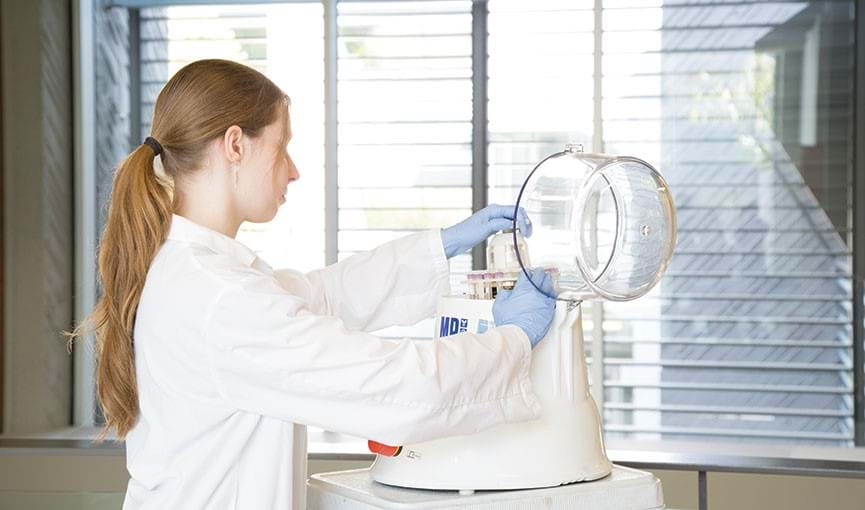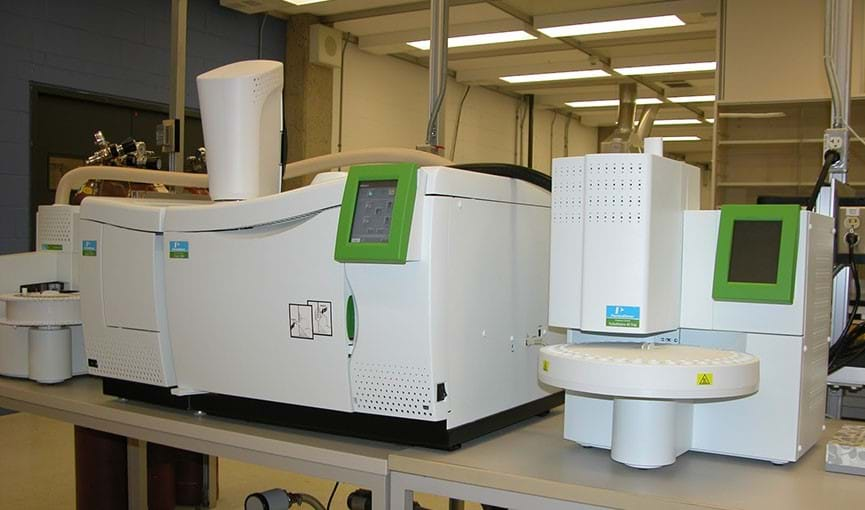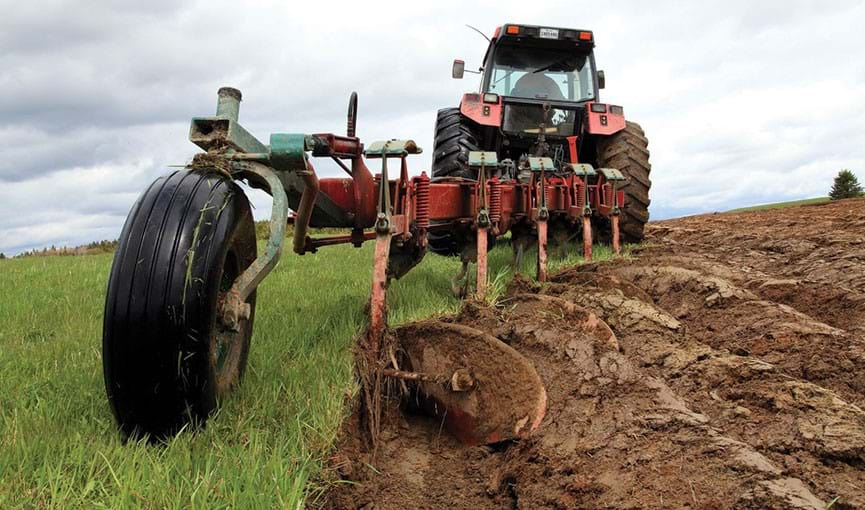Ecosystem protection
Sensitive systems
Ecosystems are sensitive to various factors: tillage, irrigation, crop harvesting, and pest control techniques, as well as the application of fertilzers or soil conditioners that can all create imbalances that affect wildlife and flora. On the microscopic level, the protection of ecosystems is important because it improves crop productivity and sustains soil biodiversity. The latter is crucial for the breakdown of organic material, and for nutrient recycling and water retention. On a macroscopic scale, saving ecosystems helps preserve the diversity of fauna and vegetation needed to keep pests and weeds in check. These days, financial and climate-related constraints, as well as a growing demand for agricultural commodities, are forcing agricultural businesses to adopt practices that may have long-term negative impacts on ecosystems.
IRDA experts lend a hand to biodiversity
IRDA puts its resource protection expertise to work helping agronomists advise farmers on smart agricultural practices that are profitable and that preserve biodiversity too. Our experts can provide an array of services, such as recommending practices to preserve beneficial insects, plant cover crops, or implement irrigation and tillage techniques that contribute to soil conservation and resource diversity.
IRDA experts may also employ advanced techniques such as microbiome analysis of agricultural soils. They use this analysis to inventory all living microorganisms in a soil sample and then assess how changes in cultivation practices (e.g., crop rotation, green manuring, and fertilization) or soil modifications (compaction, organic matter content, and drainage) affect this inventory. Microbiome analysis provides information on indices tied to soil health, productivity, and pest pressure that can help producers select techniques that optimize farmland productivity, ensure cropping system sustainability, and protect ecosystems.
IRDA offers a complete microbiome analysis service for all types of soil, plants, and organic soil amendments.





